So sad to have lost Ida Haendel this week. What a player she was.
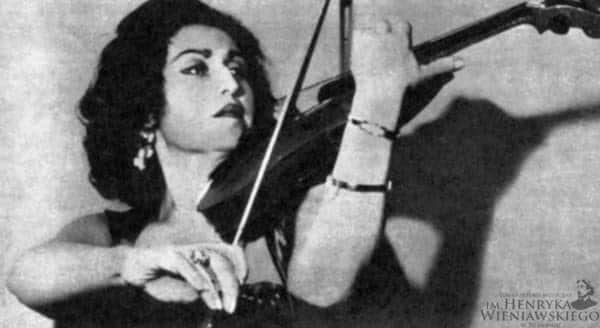
So sad to have lost Ida Haendel this week. What a player she was.

Tamsin Little: So sad to know that Ida Haendel has died … she inspired me so much, as a young girl, and I adored her characterful, robust and gutsy playing, as well as her colourful dress sense! I listened to her Sibelius concerto over and over again in my teen years, as well as her brilliant Britten concerto, when no one was bothering with the piece (unthinkable, now!). More recently I went to a fantastic recital at the Wigmore Hall where she did a memorable Bach Chaconne and the whole of the Enescu 3rd sonata (from memory!). I went to say Hello backstage and we had such a lovely chat together. RIP, and thank you, thank you so much, dearest Ida, for your incredible artistry!
Steven Isserlis: So sad to hear (belatedly) of the death of Ida Haendel. What a lady! Passionate, inspired, stubborn, utterly unique – glorious! Playing the Beethoven Triple with her and Martha Argerich remains one of my most cherished – if surreal! – memories. There’s never been anyone like Ida.
CBSO: Ida was a regular concerto partner of Simon Rattle, and this live Proms performance was recorded in 1994. She had made her Proms debut with Henry Wood at the Queen’s Hall in 1937! She will be greatly missed.
David Garrett: My dear friend and teacher Ida Haendel just passed away yesterday. She guided me musically from age 11 to 17.
Shlomo Montz: Ida Haendel: A great violinist and a great friend passed away today… a colorful person with a unique mix of love for human beings will indeed be missed by many. May her soul rest in peace knowing that she will be remembered as the last of the best..
Sandra Roberts: I remember reading Woman With Violin when I was 13. Then when I met her, total disbelief how small she was and how did she project so much (and walk in such high heels!).
Emma McGrath: I learned so much from you in the summers I spent in Israel….. and your fiery personality is something I have always aspired to. I cherish the memories I have of your live playing, and will continue to adore your many recordings. In a world full of so many excellent violinists, you stood out and stand out as a true original voice. Our musical history is richer for having had you in it.
Vesna Gruppman: It is with the most heavy heart and tears that I write this post to let my friends know about the passing of the legendary violinist, musical giant, extraordinary human being IDA HAENDEL.
She was Igor’s and mine closest friend, mentor, teacher, adviser, and even colaborator.
I personally feel so blessed, privileged, and honored to have known her and to have associated with her in many ways.
She was incredible woman, genius, down to earth, witty,intelligent, compassionate, sensitive, beautiful, loving….
She was my violin IDOL since my childhood. I have emulated her musicianship all my life, and I’ve never dreamed that one day I will have the honor to meet her, and not to mention learn so much from her and even become her friend. I have tried to pass on to my students so much of the knowledge she imparted onto me.
I loved her! She will be so greatly missed.
The Guardian is first with an obituary here.
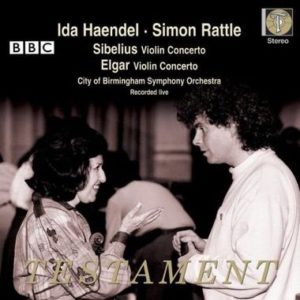
An appeal submitted by the composer today to the Scottish Government:
In a speech at the TED Summit in Edinburgh last year Nicola Sturgeon argued that quality of life for people in Scotland should be as important as economic growth, and that we should redefine what it means to be a successful nation where “collective wellbeing” is as fundamental as GDP. This came after GDP, a measure of goods and services, has been criticised for undervaluing quality of life and at a time when Scotland fell five places in an index of social and economic wellbeing in developed countries.
One practical way of achieving this is to Get Scotland Singing Again. This is a campaign to bring choral singing back to our communities as soon as possible in the wake of the gradual emergence of some normalcy after a lockdown which has brought massive cultural damage. Choral singing is a force for good. It has no barriers to participation and can provide life-long fulfilment to participants through a sense of purpose and belonging. It promotes teamwork, social skills and enhances individual well-being. Scotland was seeing an evolution in its rich choral tradition and various research projects have suggested that singing in a choir might be beneficial for an individual’s mental health.
University of Bath researchers have reported that choral singers considered their choirs to be a more coherent or ‘meaningful’ social group than team sport players considered their teams. Findings suggest that membership of a choir may be a more important influence on psychological well-being than most other social activities. These findings may have practical implications for the use of choral singing as an intervention in creating happier people in healthier societies.
The University of Gothenburg found that choral singing promoted practical wellbeing. This may be because singing demands a slower than normal respiration, which may in turn affect heart activity. Coupling of heart rate variability to respiration is called Respiratory Sinus Arrhythmia which has a subjective and biologically soothing effect, and is beneficial for cardiovascular function. Scientists have been able to show that ‘song structure’, respiration and HR are connected. Unison singing of regular song structures makes the hearts of the singers accelerate and decelerate simultaneously, with implications for health and group cohesion.
Research has shown that there are significant mental health benefits from choral singing. One study, whose participants had been diagnosed with depression found that some of them were no longer depressed following their involvement with a choir. Other studies have shown that group singing boosts oxytocin levels, which help control stress and anxiety.
In 2012, Cardiff University researchers found that lung cancer patients involved in choral singing had greater expiratory capacity than patients who were not. One participant in a choir specifically set up for people with Parkinson’s Disease explained how his voice had been strengthened, despite receiving a diagnosis of Parkinson’s five years earlier. Deep breathing and the extended use of the vocal chords, so central to choral singing, could explain this improvement.
Recent scientific evidence is casting doubt on the anecdotal view that singing is unsafe. For example, Professor Christian Kähler and Dr Rainer Hain of the Institute of Fluid Mechanics and Aerodynamics at Bundeswehr Munich University recently carried out tests to weigh up the safety of singing and music-making in a post-coronavirus world – finding that singers transferred droplets only up to a 0.5m distance, so it was unlikely for the virus to be passed on. Their conclusion is that “The low spread of air movement is not surprising, since singing does not expel a large volume of air in jerks like coughing or sneezing.” Researchers at the University of Freiburg express necessary caution on the matter but are also contributing to the establishment of a road map to bring music back.
Ongoing research by Public Health England at Salisbury Cathedral is likely to add to this hope and optimism. This is the moment that the music world has been waiting for – the green light to start building towards the vital recapitulation of public performances. And this gives some urgency to our hope that the Scottish Government will be able to support our desire to Get Scotland Singing Again, which would enable a staged return to singing, correlated to the phases of Scotland’s Route Map, informed by the latest scientific research and supported by a robust and balanced assessment of risk. The implications of choral activity for our collective mental and physical health and quality of life may be significant in how Scotland redefines what it means to be a successful nation.
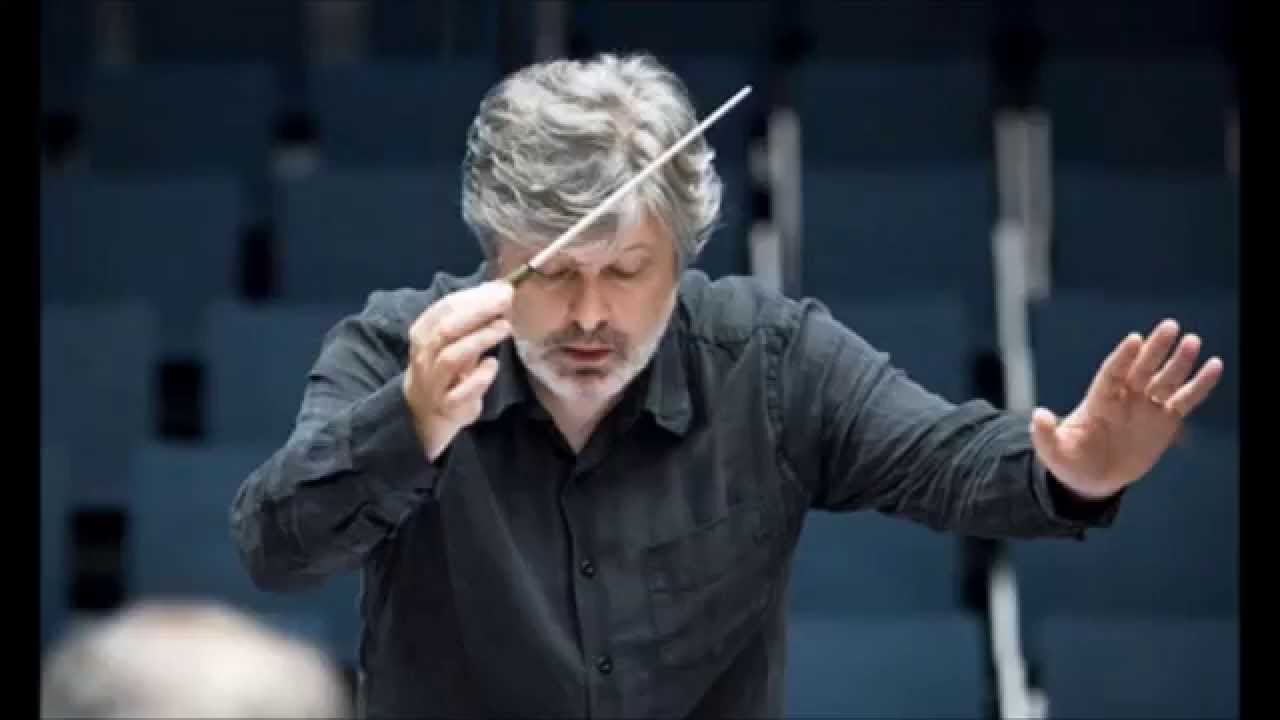
Father Georg Ratzinger, older brother of Emeritus Pope Benedict XVI and conductor of the Regensburg boys choir, has died at 96.
More than 400 young members of that choir were offered compensation for abuse they had suffered.
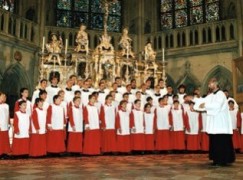
Ida Haendel, last of the golden age violinists, died yesterday at the age of 91. Or maybe 92 or 94. She once showed me three different birth certificates. They were not very accurate in Poland, she said.

We were friends, for a very long time.
A student of Carl Flesch in 1930s London, she became the outstanding interpreter of the Sibelius and Walton concertos, among much else. Her playing was almost masculine in its strength and virility – she was proud of that – and colourful in all ways. She shopped for her concert frocks with great care and once took me along to observe.
Neither married nor ever in a stable relationship, she had a romantic fixation on the conductor Sergiu Celibidache, and one or two others. Among other violinists, she revered Heifetz, and not many more.
Her last years, lonely in Florida, were miserable.
She had a series of dogs called Decca, after her principal record label.
UPDATE: Ida as her family knew her
In her introduction to the Israel Philharmonic webcast this weekend, the actress recalled that her father, Vasily Mironov, played viola in the London Philharmonic ‘before the war’.
We asked the LPO to check and, unable to get into their archives, they confirm that he played but are under the impression it was ‘in the late 1940s’.
At some point he changed his name to Basil Mirren and became a taxi driver.
Anyone know more?

Charlotte Lee of Primo Artists has been lobbying tirelessly to get the US Congress to help musicians and music agencies that have been left without income for the past four months. It looks like the message is getting though, but it needs a further push.
Here’s what she’s saying right now:
Dear Friends,
I’d like to invite you to join me in a social-media trend that I am rolling out today about the urgent need to keep arts alive. It is part of the movement we are leading to raise awareness about the fact that the arts will be the last sector to return to business.
Most of the world does not understand the gravity of the situation we are dealing with — that COVID has had a disproportionate impact of devastation on the arts industry and that most of our colleagues and artists have completely lost their employment and livelihood because concerts are not resuming in full capacity before September 2021. That is, for many, 18 months of being shuttered and the reason why I started the PAMAC Performing Arts Managers and Agents Coalition, so we could work with all our 25 partner organizations across the broader industry to amplify each other’s voices about this vital issue.
We have been lobbying hard with Congress to urge them for legislative reform and they have told the Americans for the Arts they are receiving our letters. We are setting up calls with elected officials for our artists and other key figures to explain the plight of our industry and to urge them to take action. Although there is no guarantee they will pass another bill, we are told Congress will look at this next week. Once they take a vote, this would be the final relief package.
I invite you to post the below message on your channels and to help spread the word about this vital issue. The message is 6 words and 3 hashtags — see below — with a custom-designed graphic for our movement. We have a customized version for Twitter too, which you can find through the #artsinterrupted hashtag. Please post and help join our movement now.

The Wire has a fine obit for Jacques Coursil, a livewire of the free jazz scene who has died at 82.
After a tentative start on the violin at age nine, Coursil took up the cornet as a teenager. Early jazz interests included New Orleans players Sidney Bechet and Albert Nicholas. A live performance by saxophonist Don Byas left a strong mark. Contemporary classical music – Arnold Schoenberg, Anton Webern – and Pierre Schaeffer’s experimentations were other strong early interests.
In 1958, during decolonisation, Coursil left for Africa. …
Read on here.
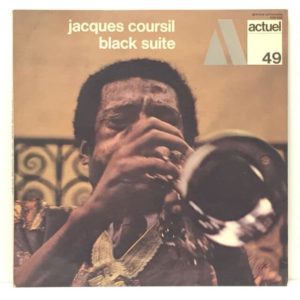
Drew McManus has reached phase 2 of his annual survey of US orchestral wage bills, as posted in their tax returns.
The tax year is 2017/18 and this is the league table for maestro remuneration:
1 Chicago Symphony: $3,527,730
2 San Francisco Symphony: $2,203,185
3 Los Angeles Philharmonic: $2,130,895
4 Dallas Symphony: $1,894,129
5 Cleveland Orchestra: $1,698,759
6 New York Philharmonic: $1,660,299
7 Philadelphia Orchestra: $1,380,667
8 Boston Symphony: $1,199,866
9 Saint Louis Symphony: $1,020,638
10 Baltimore Symphony: $926,562
In personal terms that reads:
1 Muti
2 Tilson Thomas
3 Dudamel
4 Van Zweden
5 Welser-Möst
6 Alan Gilbert
7 Yannick
8 Nelsons
9 Robertson
10 Alsop
Riccardo Muti was the big winner with a 29.86 percent wage hike, posted as $2,264,240 in payments as an independent contractor and $1,263,490 as an employee.
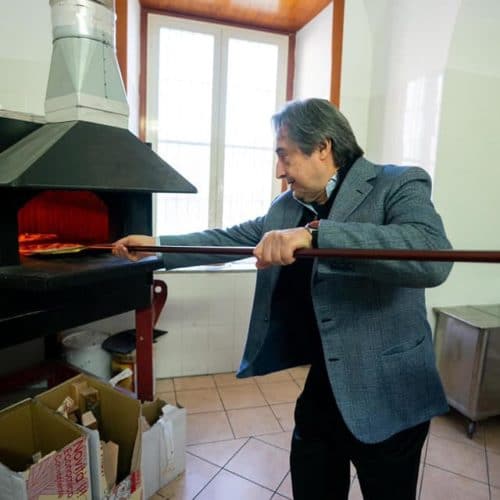
He delivers
Dudamel broke the $2 million barrier for the first time. In Cleveland, FW-M won a 28 percent increase.
More details on Drew’s site here.